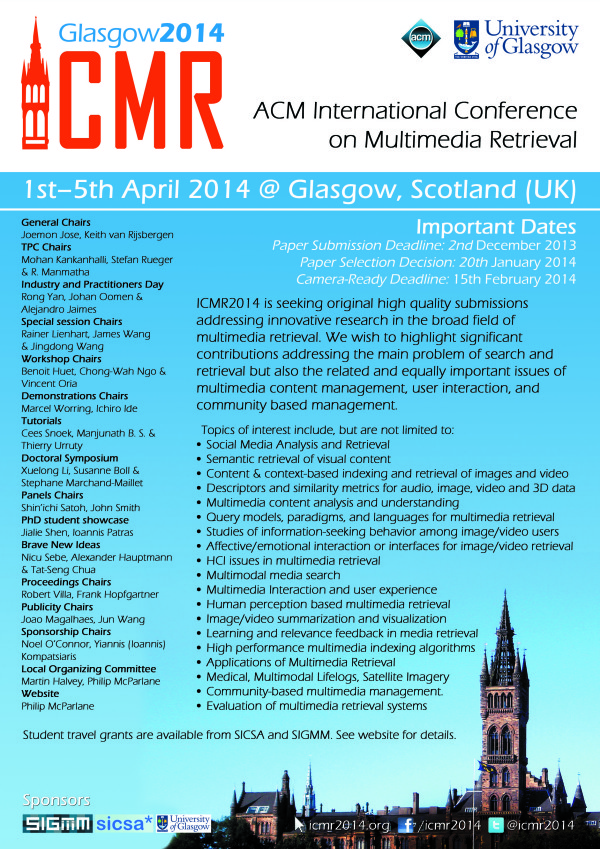
We are witnessing a revolution in machine learning with the reinvigorated usage of neural networks in deep learning, which promises a solution to cognitive tasks that are easy for humans to perform but hard to describe formally. It is intended to allow computers to acquire knowledge directly from data without the need for human to specify, and model the inherent problem in terms of a layered composition of simpler concepts making it possible to express complex problems by elementary operators. By not relying on handcrafted features, hard-coded knowledge and showing the ability to regress intricate objective functions, deep learning methods are now employed in a broad spectrum of applications from image classification to speech recognition. Deep learning achieves exceptional power and flexibility by learning to represent the task as a nested hierarchy of layers, with more abstract representations computed in terms of less abstract ones. The current resurgence is a result of the breakthroughs in efficient layer-wise training, availability of big datasets, and faster computers. Thanks to the simplified training of very deep architectures, today we can provide these algorithms with the resources they need to succeed.
A number of challenges are being raised and pursued. For instance, many deep learning algorithms have been designed to tackle supervised learning problem for a wide variety of tasks, and how to reliably solve unsupervised learning problems in a similar degree of success is an important issue to address. Another key research area is to work successfully with smaller datasets, focusing on how we can take advantage of large quantities of unlabeled examples with a few labeled samples. Deep agents may play a more significant role in hybrid decision systems where other machine learning techniques are used to address the reasoning, bridging the gap between data and application decisions. We expect deep learning to be applied to increasingly multi-modal problems with more structure in the data, opening application domains in robotics and data mining.
This special issue in the high-impact IEEE Signal Processing Magazine seeks to provide a venue accessible to a wide and diverse audience to survey the recent research R&D advances in learning, including deep learning and beyond. Interested authors are asked
to prepare a white paper first based on the instruction and schedule outlined below.
Topics of Interest include (but are not limited to):
- Advanced deep learning techniques for supervised learning
- Deep learning for unsupervised & semi-supervised learning
- Online, reinforcement, incremental learning by deep models
- Domain adaptation and transfer learning with deep networks
- Deep learning for spatiotemporal data and dynamic systems
- Visualization of deep features
- New zero- and one-shot learning techniques
- Advanced hashing and retrieval methods
- Software and specialized hardware for deep learning
- Novel applications and experimental activities
White papers are required, and full articles are invited based on the review of white papers. The white paper format is up to 4 pages in length, including proposed article title, motivation and significance of the topic, an outline of the proposed paper, and
representative references; an author list, contact information and short bios should also be included. Articles submitted to this issue must be of tutorial and overview/survey nature and in an accessible style to a broad audience, and have a significant relevance to
the scope of the special issue. Submissions should not have been published or under review elsewhere, and should be made online at http://mc.manuscriptcentral.com/sps-ieee. For submission guidelines, visit http://signalprocessingsociety.org/publicationsresources/
ieee-signal-processing-magazine/information-authors-spm
Guest Editors
- Prof. Fatih Porikli, Australian National University, fatih.porikli@anu.edu.au
- Dr. Shiguang Shan, Chinese Academy of Sciences, sgshan@ict.ac.cn
- Prof. Cees Snoek, University of Amsterdam, cgmsnoek@uva.nl
- Dr. Rahul Sukthankar, Google, rahulsukthankar@gmail.com
- Prof. Xiaogang Wang, Chinese University of Hong Kong, xgwang@ee.cuhk.edu.hk






